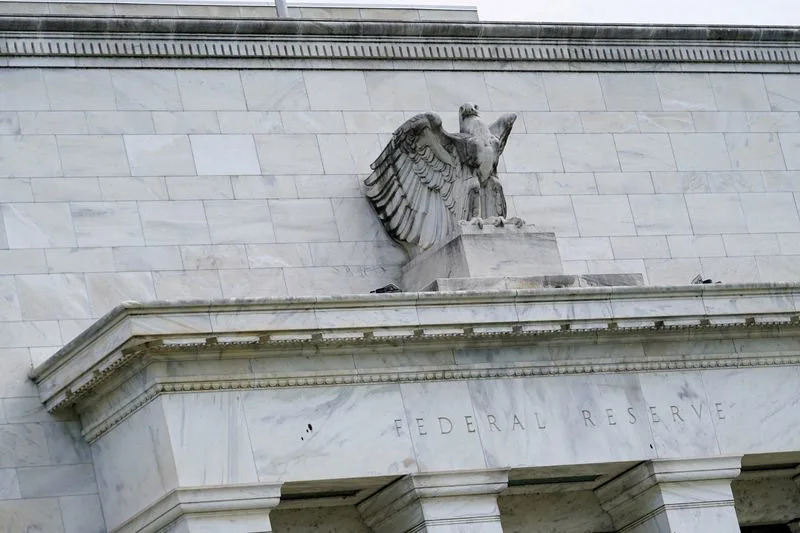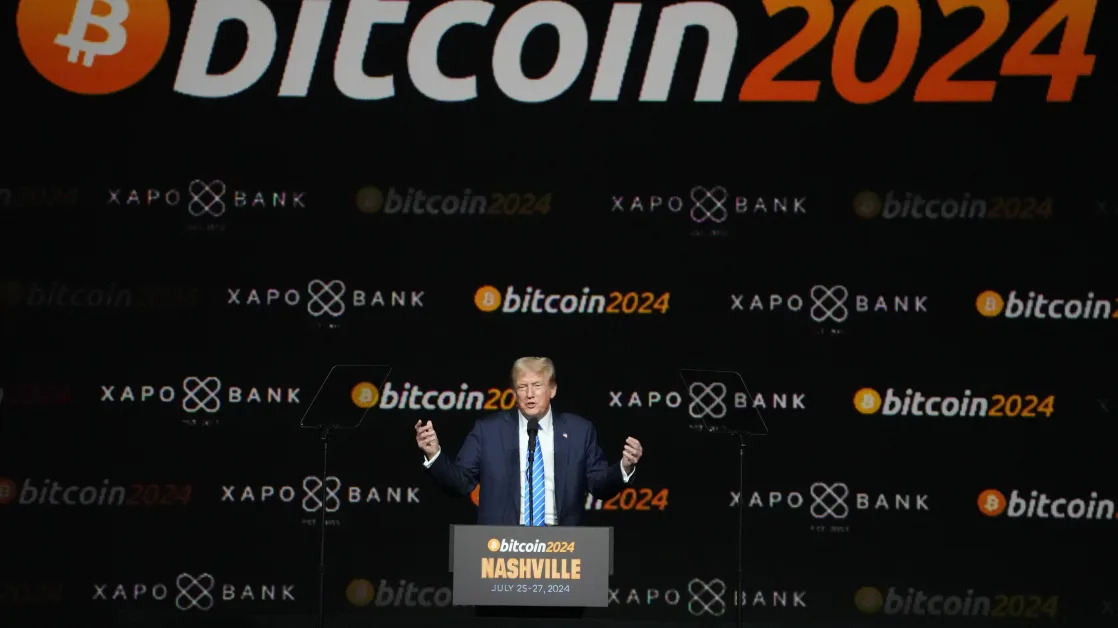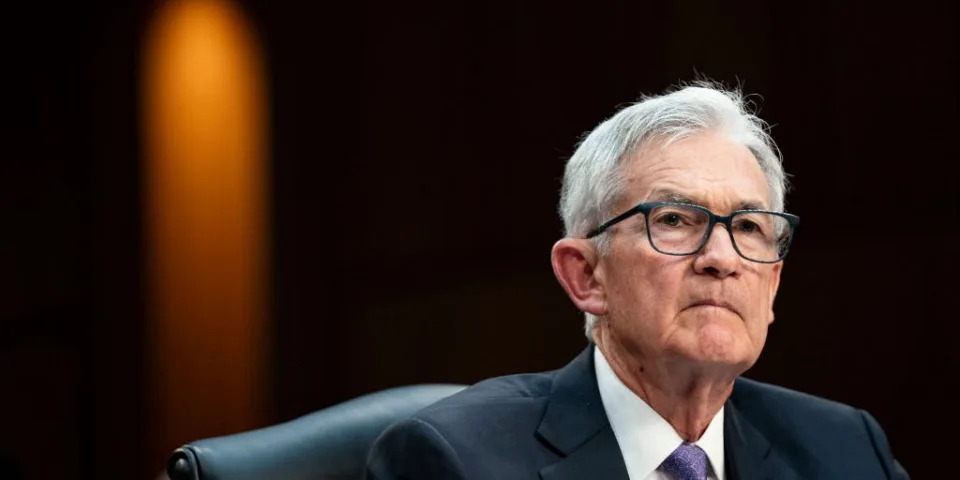(Bloomberg) -- Brazil economists lifted their estimates for inflation and borrowing costs through 2027 as investors bet the central bank will turn more aggressive on interest rate hikes at its meeting this week.
The benchmark Selic will rise to 12% at Wednesday’s policy decision, up from the prior estimate 11.75%, according to a weekly central bank survey of economists published Monday. Analysts also lifted their forecasts for the key rate at the end of next year to 13.5%, from 12.63% before.
Borrowing cost cuts are only expected to start in 2026, when the Selic is seen at 11% before falling to 10% in 2027.
Central bankers led by Roberto Campos Neto are widely expected to extend their tightening cycle from the current level of 11.25% while also reinforcing their commitment to haul inflation to the 3% target. Policymakers are battling an overheated economy that once again shot past expectations in the third quarter, while consumer prices rose 4.77% in early November from a year prior. Traders are even pricing in odds of a full percentage point rate hike this week.
Brazil President Luiz Inacio Lula da Silva’s efforts to improve living standards through greater public spending are running afoul with investors who want him to shore up public accounts. Financial markets are skeptical over the government’s new plan to save up to 70 billion reais ($11.5 billion) through 2026 while simultaneously expanding income tax exemptions.
Domestic assets are sinking, with the real plunging by over 20% this year, the biggest drop in emerging markets. A weaker exchange rate adds pressure to consumer prices by making imports more expensive.
Most analysts see annual inflation at 4.84% at the end of this year and 4.59% next, both above the bank’s tolerance range ceiling.
Closely-watched inflation expectations in longer periods also worsened, with economists betting consumer price rises will hit 4% in 2026 and 3.58% in 2027.
This week’s rate-setting meeting marks the end of Campos Neto’s term. Gabriel Galipolo, who was appointed by Lula as the bank’s next governor, has publicly warned the outlook could demand higher borrowing costs for longer.






